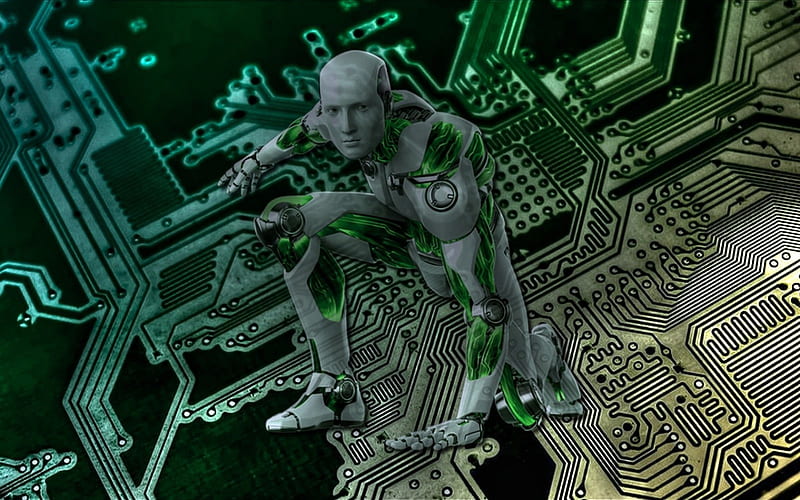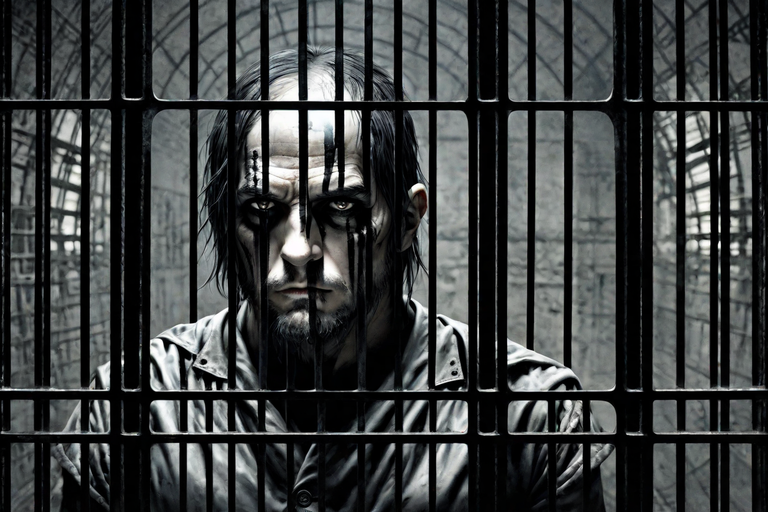When we convert everything into the Domain of the Known (which we do just about every moment of our lives) then the Radical Unknown, now in deep disguise, controls us instead of helping us and so we then become its helpless puppets. This is equivalent to saying that the light of nature (the lumen naturae) (which, as Paul Levi says, is ‘non-local’) turns into the false or deceptive light of rationality (the ignis fatuus), which is necessarily predicated upon a specific (or local) point of view. Rational thought ‘shoots true’ with regard to its local basis, for sure, but the point here is that ‘shooting true with regard to a specific basis’ (a specific basis that claims to be the only basis) incurs entropy and entropy – by its very nature – always ‘puts us wrong’. It puts us wrong because it is supplying us with false information. When we don’t freely acknowledge reality for what it is – which is the Unknown – then, instead of ‘setting us free’ it controls us from behind the scenes, it controls us without us knowing that we are being controlled. The life that we are provided with as a result is thus ‘a false life’.
There are two different things here therefore, two different ‘states of being’. One is the liberated state in which we freely recognise reality for what it is (which is the Radical Unknown) and the other is where we turn away out of fear from recognising reality for what it is and convert everything into the ‘Domain of the Known’ instead. In the first case there is freedom whilst in the second state of being there can never be any freedom. There can never be any possibility of freedom in the Domain of the Known.
How can there be freedom when all we ever relate to are ‘illusions which we cannot see to be illusions’? If I’m granted the freedom to choose between one illusion and another, is this really freedom? Very clearly, if we want to say that it is freedom to be able to choose between various illusions then it is a very funny sort of freedom that we’re looking at here, and it’s not ‘funny’ in a humorous way either! There is precisely zero humour in this situation. Actually, what we’re talking about here is inverted freedom, freedom that has been turned on its head – it is the lack of freedom that controls us and deludes us into thinking we are free.
Out of this inverted form (or ‘analogue’) of freedom we create the self. This is a fairly straightforward matter and not at all as peculiar as it may at first sound. We are after all empowered by our ‘ability to choose’, which is the same thing as ‘the ability to control’. Most of us would say that it is of crucial importance that we are able to control our environment and ourselves, or that we are able to make ‘meaningful choices’ in our life, but it goes deeper than this. What we’re talking about here is Albert Bandura’s ‘perceived sense of self-efficacy’ and this PSSE isn’t just ‘important’ for the self, it’s essential for it. It can’t exist without it. If there is no sense of my having ‘autonomy as who I think I am’ then this ‘who I think I am’ can no longer function as ‘a self’. It becomes something else instead.
Suppose that consciousness were to come into the picture and we became clearly aware that the only type of freedom we have is ‘the freedom to choose between various illusions that we cannot see to be illusions’ (or to put this another way, suppose we were to see that the freedom we imagine ourselves to have to pursue our goals is only ‘freedom in our imaginations’. What happens then therefore when we see that there is no freedom there and we see that what drives us from moment to moment are deterministic forces originating from outside of us (‘Universal All-Purposes’, as Gurdjieff says) then what we are seeing is that there is no ‘self’ there! Whatever else is in the mix, there’s no autonomous self. There’s no ‘self’, only these ubiquitous deterministic forces.
To come back to our point then, the only reason we have the perception that ‘there is a self’ is because we don’t see our freedom as being entirely illusory, and this means that it is going to be very important to us that we never do see the truth of what’s going on. Consciousness spoils the effect and it just so happens that we are extraordinarily attached to this ‘effect’ – the effect in question is the most important thing in the world to us, without any doubt whatsoever. Why we should be so extraordinarily attached to this construct of thought, this puppet of the mechanical forces is another matter entirely however since it really hasn’t got an awful lot going for it. It’s a lie, not to beat about the bush too much, so why would we value it so highly?
All of this gives us a new way of looking at the principle of ‘paradoxical change’. Paradoxical change (which is a key concept in Gestalt Psychotherapy) means that when we stop trying to change ourselves, and instead accept ourselves exactly as we are, warts and all, then that’s when we do change. That’s the only time we can change. When on the other hand we try to change ourselves or better ourselves then we necessarily do so on the basis of who we wrongly think we are, and this means of course that were never going to get away from ‘who we think we’! This is the via erratum of the alchemists, the ‘way of error’ that we practically never depart from. We don’t know that it’s ‘the way of error’ and so that’s why we keep on walking down it. When we stop trying to change ourselves then we stop acting on the basis of this illusion of who we think we are and so we stop ‘reinstating’ this false basis every step of the way. When we are no longer trying to change or free ourselves on an illusory basis then this is the via veritas, or ‘way of truth’.
The principle of paradoxical change has been around a lot longer than the advent of Gestalt Psychotherapy however – what we are actually looking at here is the well-known motif of ‘kissing the frog’ in fairy tales. The inclination here is of course not to kiss the frog, and actually do whatever we possibility can to avoid this eventuality. Frogs are yucky. When we do so however (when we do the thing we least want to do) then our situation is utterly transformed. The despised frog (or crone, in some stories) turns out, as we all know, to be of the greatest possible value. The loathsome and repellent frog turns into the beloved, the soul’s companion.
This motif can be related on the one hand, to our relationship with the shadow and – on the other hand – to our relationship with the pain and suffering that we are going through, and in both cases having such a relationship is of course the very last thing we want to do. We spend our entire lives trying to avoid having any relationship with our shadow, and to our trying our level best to escape whatever pain and suffering it is that is pursuing us. The last thing we never think of is not denying our shadow, or not running away from our pain. If someone suggested it we’d tell them where to go in a hurry. If we did accept our situation exactly as it is (which is not something that happens as a result of a choice that we make or an action that we take the simply through seeing, simply through ‘an act of perception’) then our situation will be radically transformed, just as the frog is transformed when we kiss it.
The thing that we really don’t want to see (the frog that we really don’t want to kiss) is the actual reality of our situation. The actual reality of our situation (which is what lies behind the pain that is so hard to feel and the shadow that is so hard to witness) is the awareness that we have no freedom at all. The truth of the matter is that the self has no freedom, as we started off by saying. The self operates solely and exclusively in the Domain of the Known and there is no freedom there. There never can be any freedom there. Seeing this truth is the thing that we fight against the hardest therefore and it seems likes a very terrible thing indeed to see it – what could be worse than this discovery, after all? Not only are we witnessing this terrible lack of freedom, which is so inimical a perception for the self, we are also seeing – as we have said – that who we thought we are doesn’t exist and this seems like the end of the road to us. The self’s ultimate phobia is discovering that it doesn’t exist – that’s the stuff of nightmares!
This isn’t really the end however – it’s only end for the illusion and what is an end for the illusion is no end at all. What is an end for the illusion is the beginning of the real. What we are so terrified of, so very averse to, isn’t an end but a transformation and that is the peculiar thing about all this – that we are resisting what is actually our own benefit. What we are looking at here is also the motif of the sacrifice therefore. Just like a sacrificial death of Osiris, or Jesus, or Odin, this the willing or consciously-undertaken death that leads to rebirth and a truer modality of being. The death that we willingly accept leads to the ‘saving’ of the situation. The sacrifice in question really is a sacrifice – we have to give up what is most precious to us, we have to give up what we are most afraid of giving up. If we don’t then we stay stuck with a frog for a companion, if we don’t then we are remain bound to the Realm of Unreality. If we don’t then we remain forever trapped in the Domain of the Known, (PKD’s Dark Iron Prison) which is the world that has been created by fear.
Even though we can’t see this to be the case, the Domain of the Known is a prison. It’s a prison for two reasons: [1] because we can’t ever get beyond it (because it’s a final reality) and [2] because it’s not real. The Domain of the Known is unreal precisely because it is known –the real is never known and if we think it is then that’s because we have ‘jumped ahead of ourselves’. If we think we ‘know what’s going on’ then that is because we have jumped to a conclusion that simply isn’t warranted. We think we know what’s happening when we don’t. This ought to be obvious to us – how can reality be ‘known’? That would mean that reality would have to be exhaustible and it isn’t. Our ways of describing or comprehending the world are exhaustible for sure but the world itself is not.






